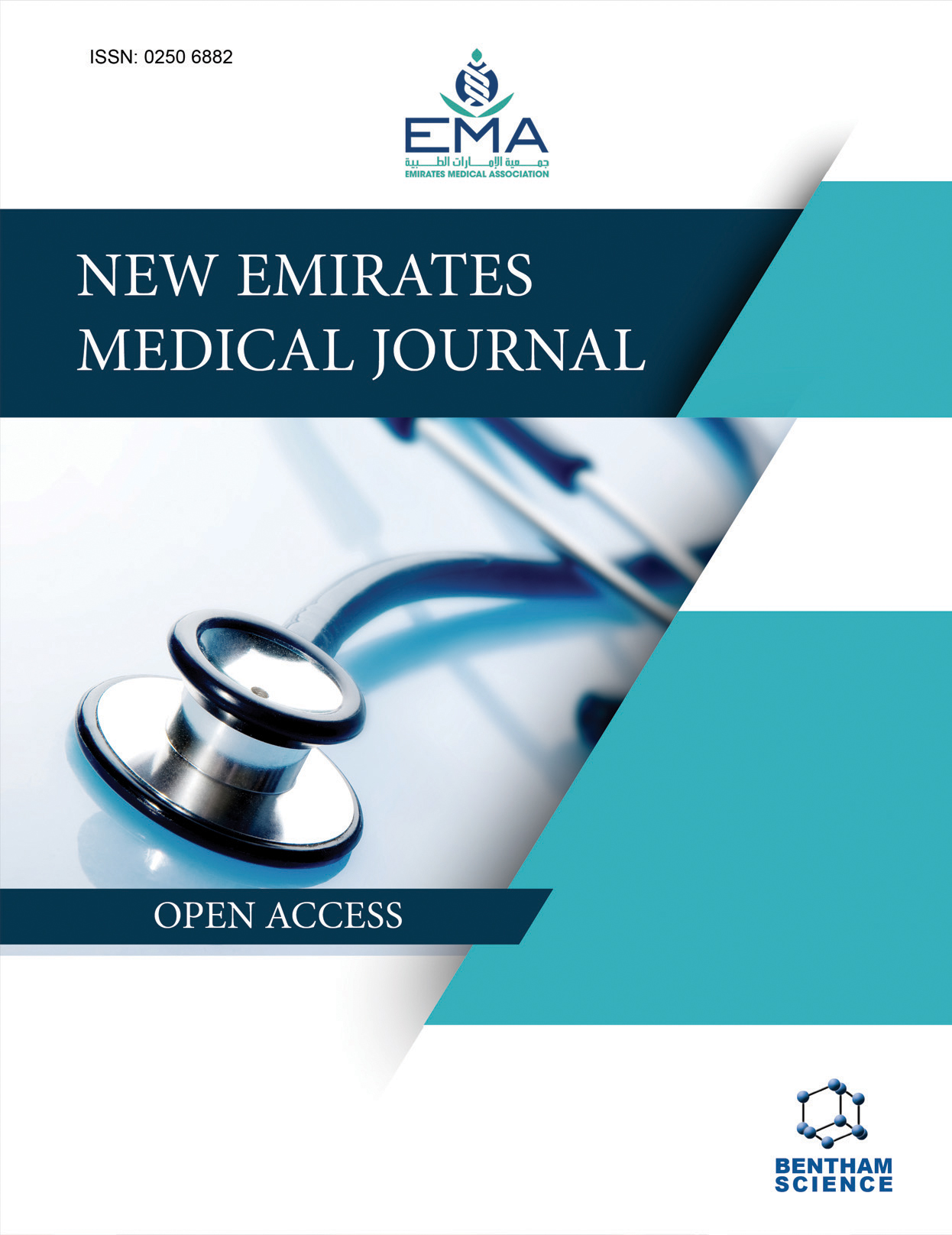-
oa Mental Health and Resilience of Migrant University Students in the United Arab Emirates
- Source: New Emirates Medical Journal, Volume 5, Issue 1, Jan 2024, e02506882322935
-
- 07 May 2024
- 06 Sep 2024
- 01 Jan 2024
Abstract
This study focuses on the mental health and resilience of migrant students at RAK Medical and Health Sciences University (RAKMHSU) in the UAE, who often face unique challenges such as cultural adjustment, language barriers, and separation from family and friends.
This study aimed to evaluate the resilience levels of RAKMHSU's migrant students, identify their challenges, and provide evidence-based recommendations to enhance their mental health and resilience.
A total of 206 university students who migrated participated in the study. The study analyzed the resilience-mental health relationship using the Positive Mental Health Scale and the Brief Resilience Scale.
The study found that most students, 92.23%, had normal levels of resilience. A smaller proportion, 1.46%, exhibited high resilience. The mental health assessment revealed that 84.95% of students had high positive mental health scores. Furthermore, the study found a significant positive correlation (r = 0.188, p = 0.007) between mental health and resilience scores.
Migrant students face academic and migratory challenges. However, the student body at RAKMHSU exhibits high levels of mental health resilience. Tailored support programs can strengthen this resilience for better mental health and academic outcomes in the multicultural educational setting.



